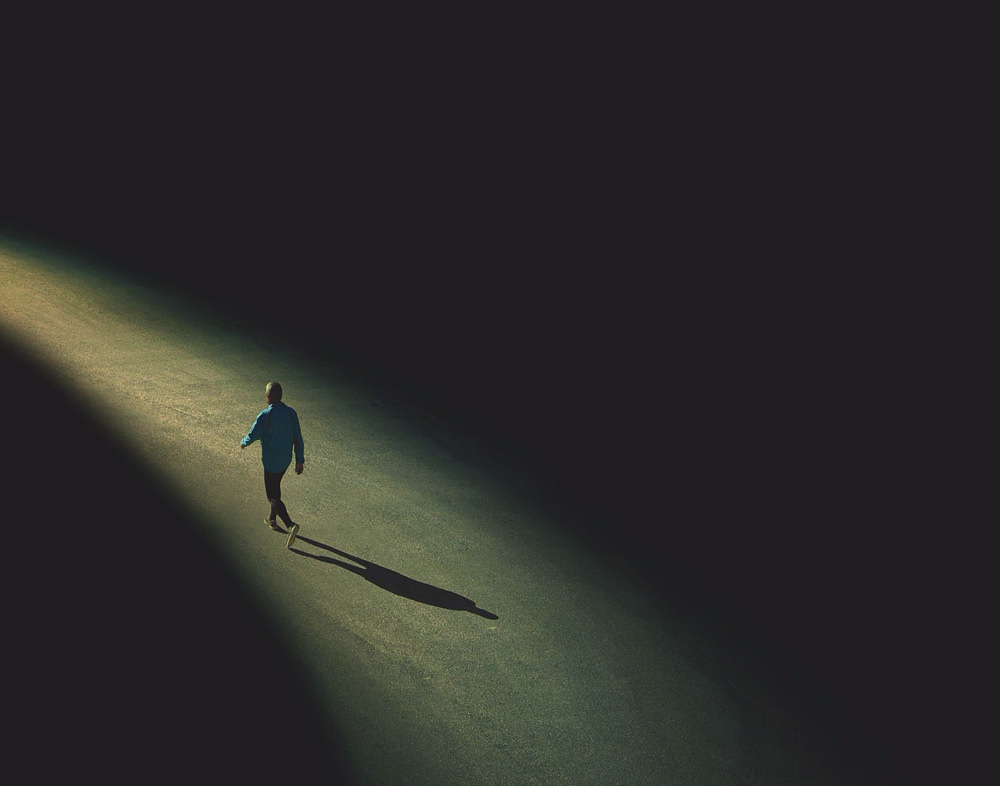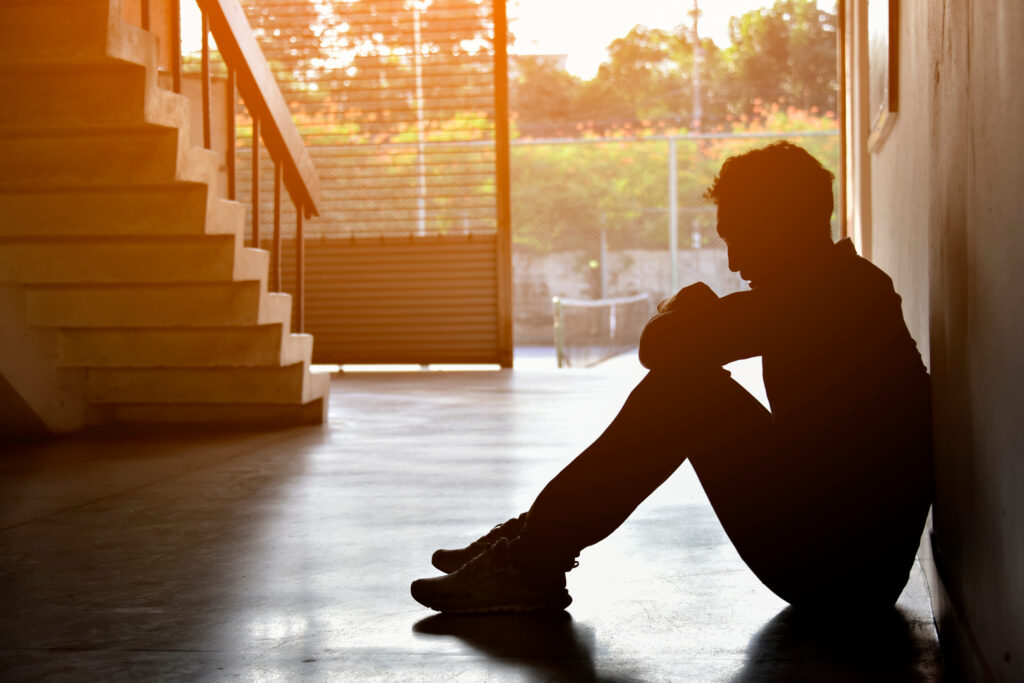The Global Pandemic of Loneliness
"We now know that loneliness is a common feeling that many people experience. It's like hunger or thirst. It's a feeling the body sends us when something we need for survival is missing.""Millions of people in America are struggling in the shadows, and that's not right.""That's why I issued this advisory, to pull back the curtain on a struggle that too many people are experiencing."Dr. Vivek Murthy, former U.S. Surgeon-General"You’ve probably known people who seem to have a lot of friends, but when they talk about it, they’ll say, ‘I don’t really feel like anybody knows me,’ or ‘I don’t really feel close to many people’.""If you’re stressed chronically, your body may be in a low-level fight-or-flight response all the time. So what we are looking at is whether some people are in a chronic state of mild inflammation."Robert Waldinger, professor of psychiatry, psychiatrist at Massachusetts General Hospital"Social psychologists define loneliness as the gap between the social connections you would like to have and those you feel you experience. According to a 2018 report by the Henry J. Kaiser Family Foundation, 22 percent of adults in the United States say they often or always feel lonely or socially isolated. A national 2019 survey led by health insurer Cigna found that 61 percent of Americans report feeling lonely. Books like Bowling Alone (2000), by Malkin professor of public policy emeritus Robert D. Putnam, have highlighted the decline of social capital in the United States, but more recently, loneliness has become a serious issue of public health. In 2017, former U.S. Surgeon General Vivek Murthy ’97 called loneliness a public-health “epidemic.” The United Kingdom appointed a “minister for loneliness” a year later."Jacob Sweet, 'The Loneliness Pandemic', Harvard Magazine
 |
| Illustration by Francescoch/iStock |
"The pandemic does appear to have increased loneliness. Given the small effect sizes, dire warnings about a ‘loneliness pandemic’ may be overblown.""However, as loneliness constitutes a risk for premature mortality and mental and physical health, it should be closely monitored.""We think that loneliness should be made a priority in large-scale research projects aimed at investigating the health outcomes of the pandemic."Mareike Ernst, PhD, Johannes Gutenberg-University, Mainz, Germany
 |
| Heavy use of social media can actually increase isolation |
"According to the National Institute on Ageing (NIA), a think-tank at Toronto Metropolitan University, social isolation has been linked to poorer cognitive function and a 50 percent higher risk of dementia, not to mention a significantly higher risk of stroke, heart disease and cancer mortality. It can increase anxiety and depression, and a study showed that Canadians in 2020 were more likely to think suicidal thoughts if they experienced loneliness.""Loneliness is by no means confined to the elderly. The 2021 Statistics Canada survey found nearly one in every four young people aged 15-24 said they always or often felt lonely, a rate higher than other age groups and a finding matched in other countries as well. It’s not uncommon for the young to feel alone, of course – they are often leaving home for the first time – but there’s more to it than that. Young people are not only getting married later, they are having more trouble finding friends and romantic partners. More than half of Americans aged 18-34 don’t have a steady boyfriend or girlfriend, up from 33 percent in 2004, and 30 percent have no best friend. The age of first marriage and first sexual experience is getting later, and Millennials and Gen-Zers are less likely to be sexually active than the generations that went before."CtoC Journal
The latest public health epidemic: loneliness. Research points to people having become less socially engaged, a phenomenon that has become global. In the United States, research indicates that Americans attend houses of worship much less frequently, as well as engage with community organizations less, and see and commune with their own family members and friends far less often in recent decades. These are the people who report feelings of loneliness, a situation that has increased in the last several years.
When the global pandemic arrived, loneliness was already at a crisis level. When schools and workplaces shuttered and people were sent into isolation mode, the emotional toll accelerated. People tended to break their emotional link and dependence on the presence of others, saw family and friends far less often with the coronavirus pandemic threatening health and longevity. But the resulting isolation and overwhelming loneliness left people bereft of the very social supports natural to human nature's needs and that alone threatened health and longevity.
Americans, for example, spent no more than 20 minutes daily in the company of others in 2020, decreased from 60 minutes of social interaction common to most people several decades earlier. Young people, ages 15 to 24, appear to have become the demographic most hit by the loneliness epidemic. Those in that age group reported 70 percent less time spent in the company of friends in the past several years.
The risk of premature death is increased in an atmosphere of chronic emotional loss in loneliness, by 30 percent. Reports reveal those with poor social relationships faced greater risk of stroke and heart disease. An individual's penchant for experiencing depression, anxiety and dementia is elevated by isolation. Loneliness risks deleterious impacts on health to the same extent as smoking a pack of cigarettes daily.
"Being together with other humans conveys a distinct survival advantage for our species. We are not the strongest or fastest animals. But with a combination of brains, opposable thumbs and interpersonal cooperation we now dominate the planet.""In ancient times, being alone, being cut-off from family, or banished from social groups was more or less a death sentence. Up through the 19th century, exile was still a form of punishment. And even today, some cultures will shun people who violate social or religious norms."Dr. Grant Jackson, Holistic Primary Care
 |
| Chronic loneliness is a major health risk factor. According to a metanalysis of nearly 150 studies, people with weak social connections are 50% more likely to die prematurely than those who feel socially connected. The COVID pandemic has only exacerbated the problem. (Image: Studio4dich/Shutterstock) |
Labels: Global Pandemic, Health Risks, Isolation, Loneliness, Research, Studies

0 Comments:
Post a Comment
<< Home